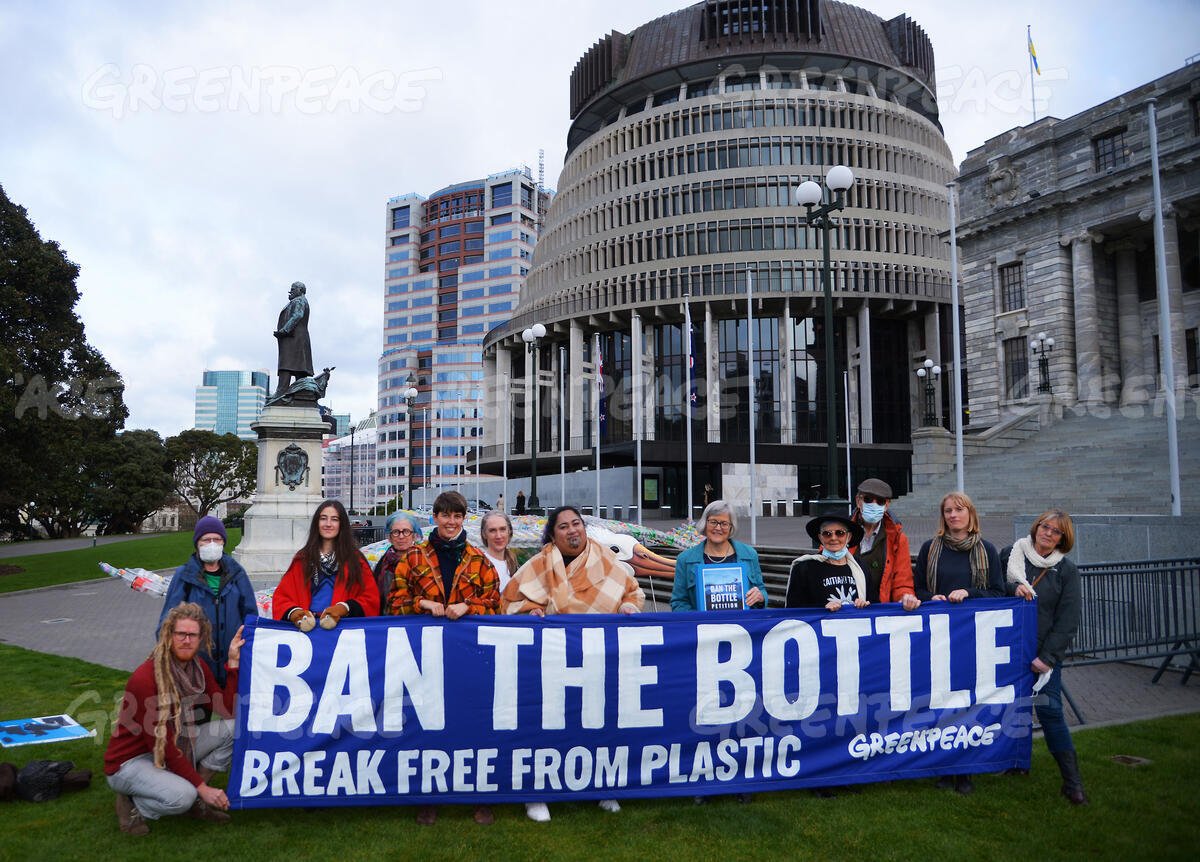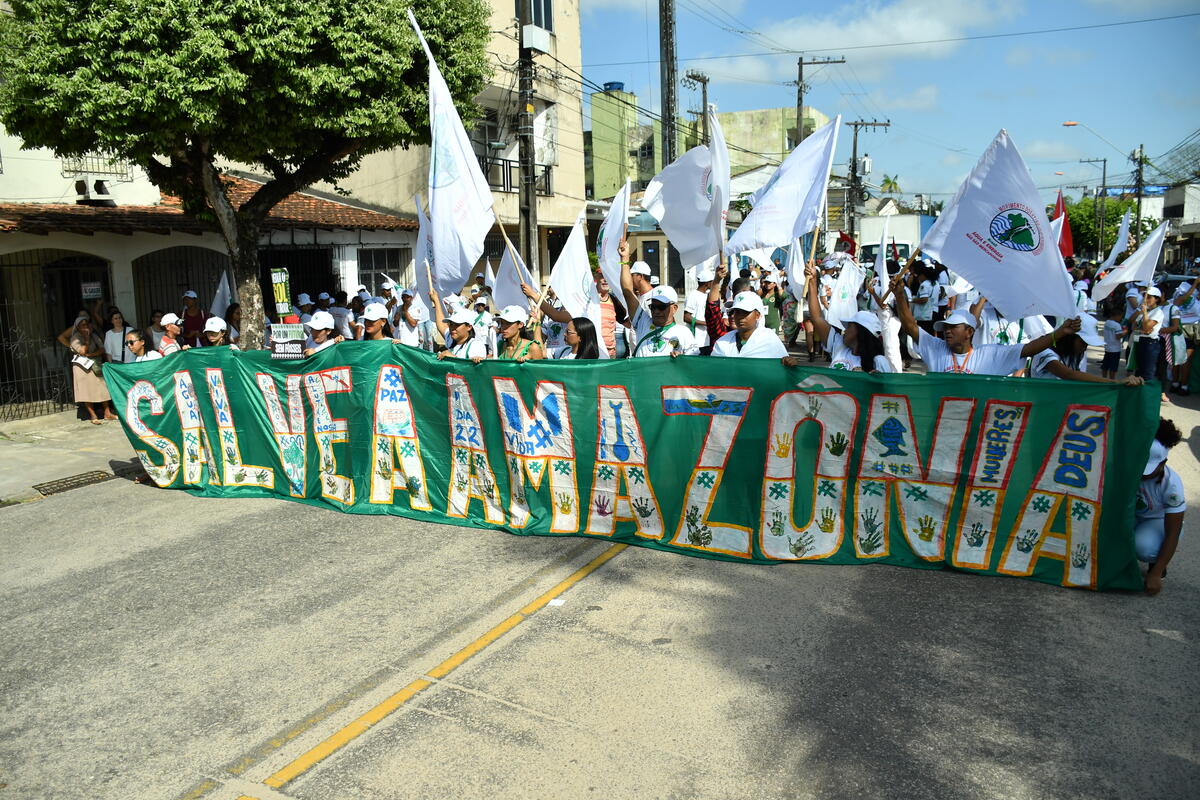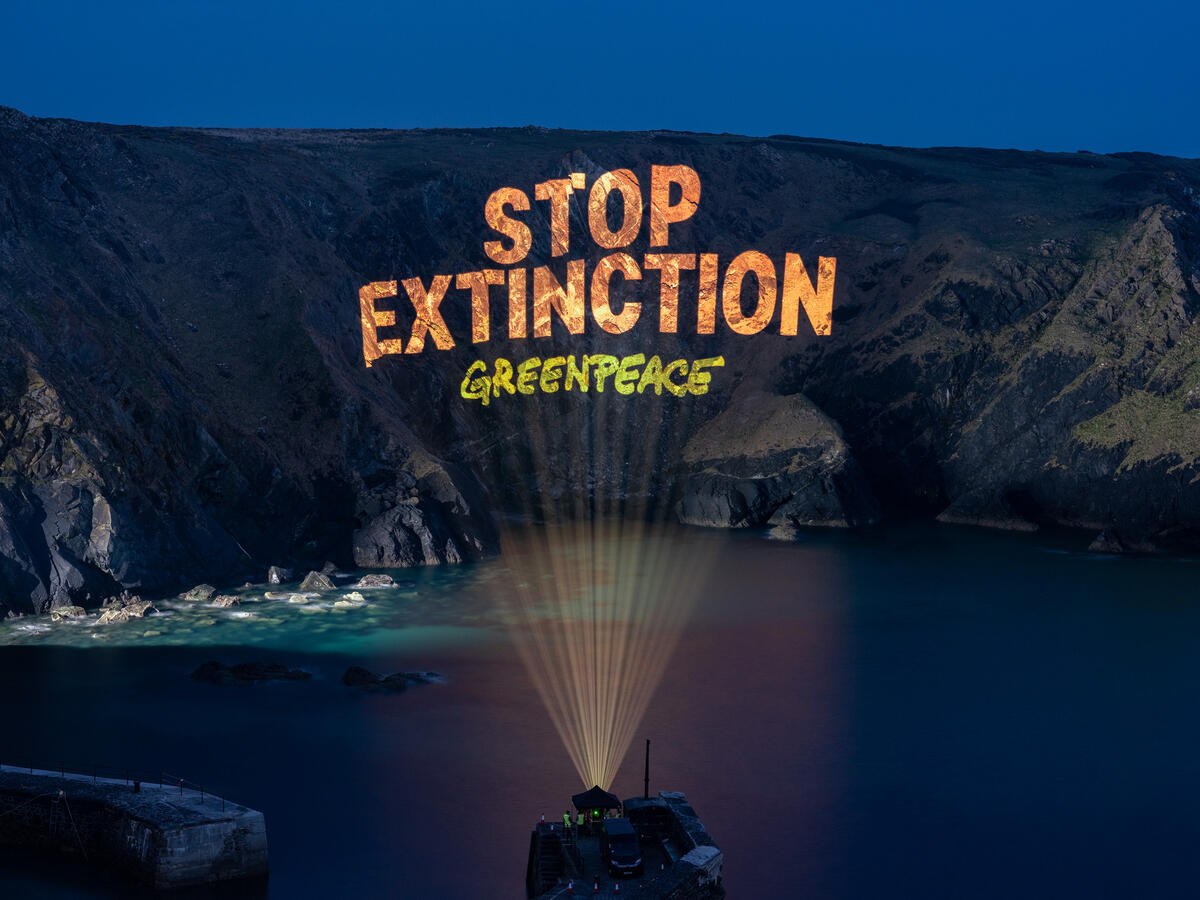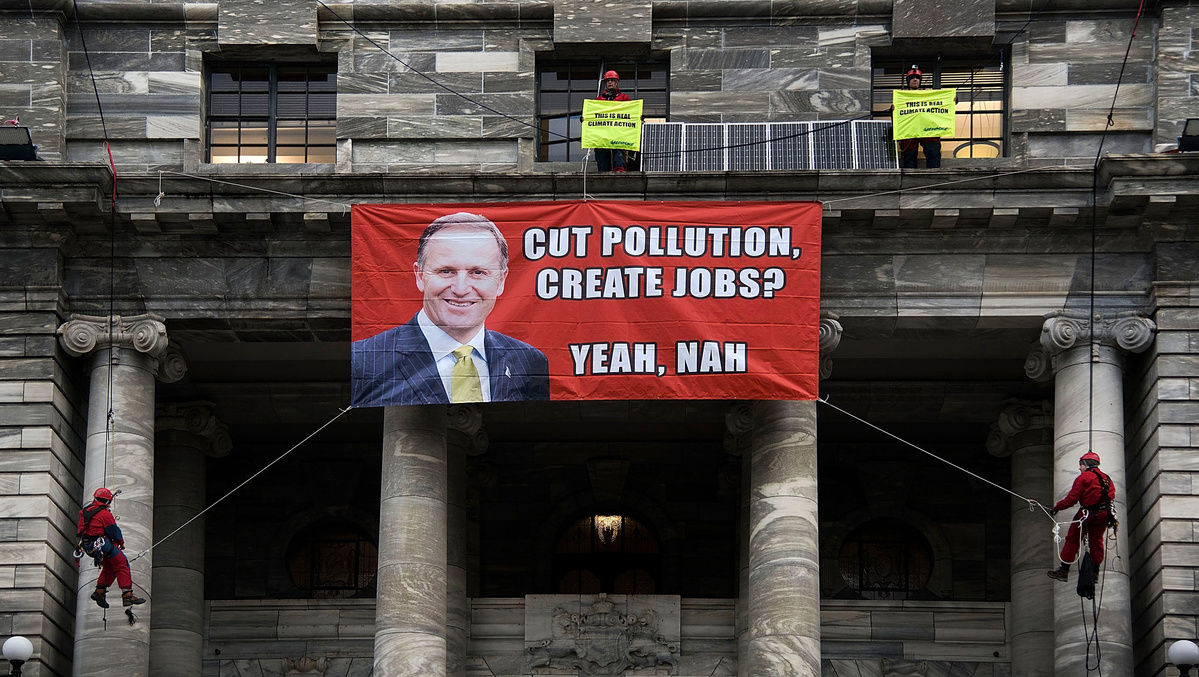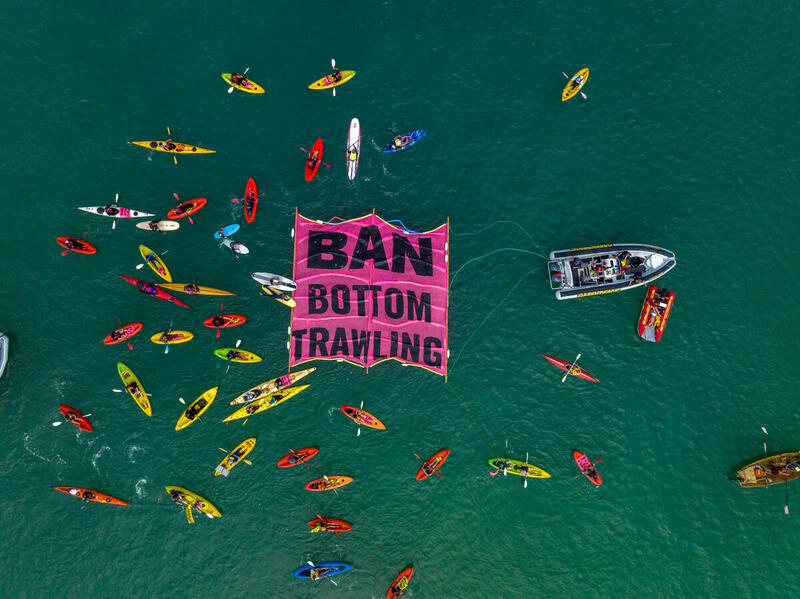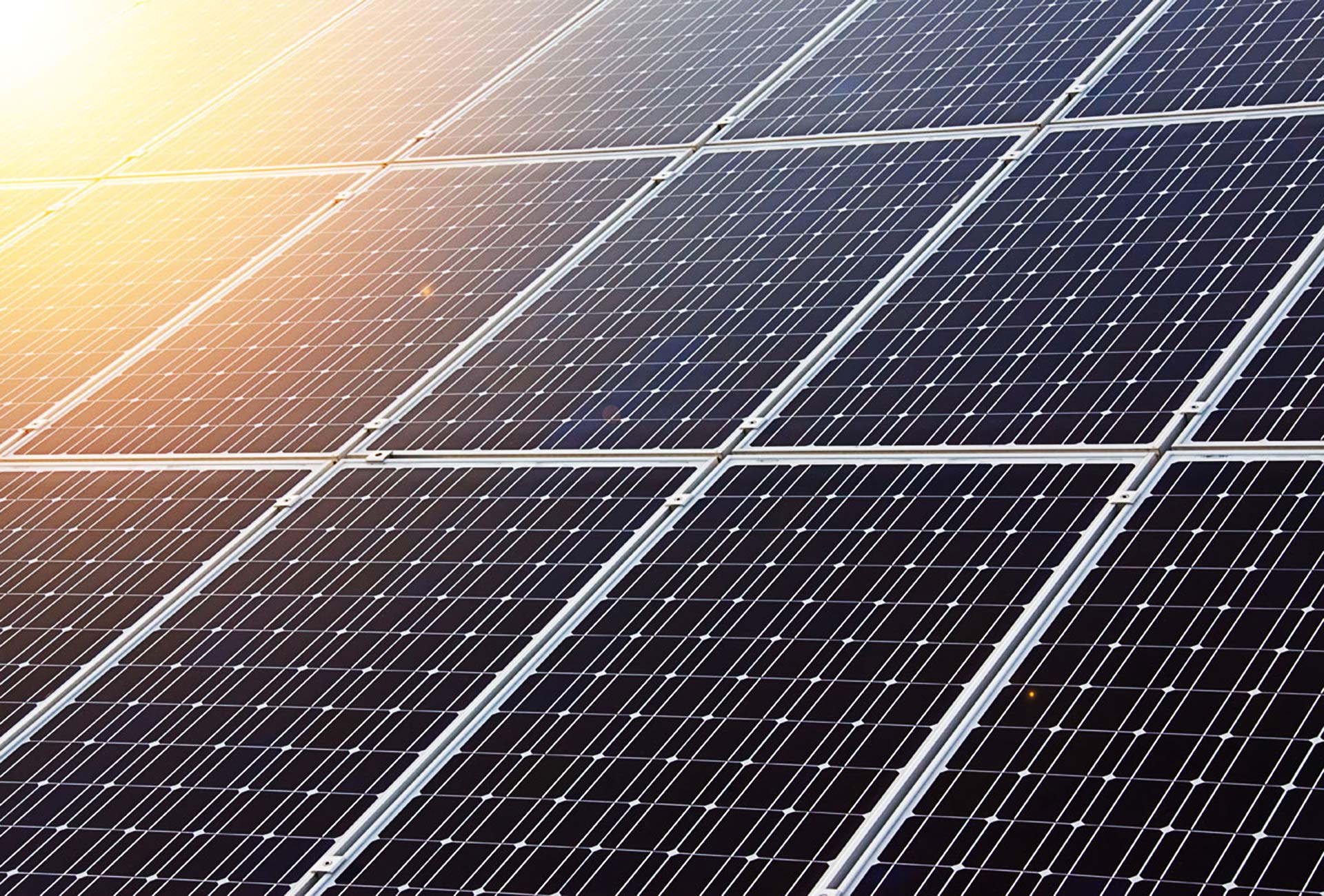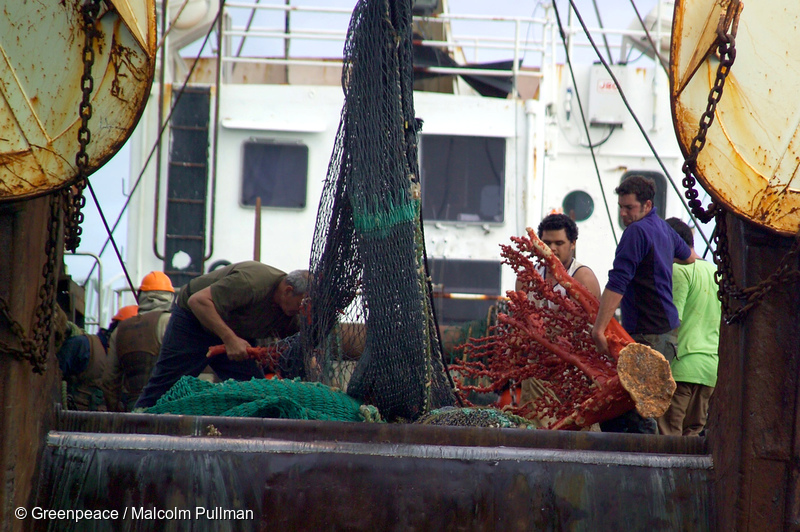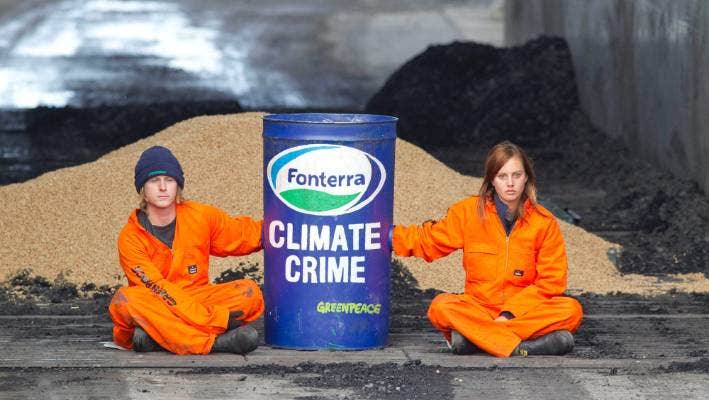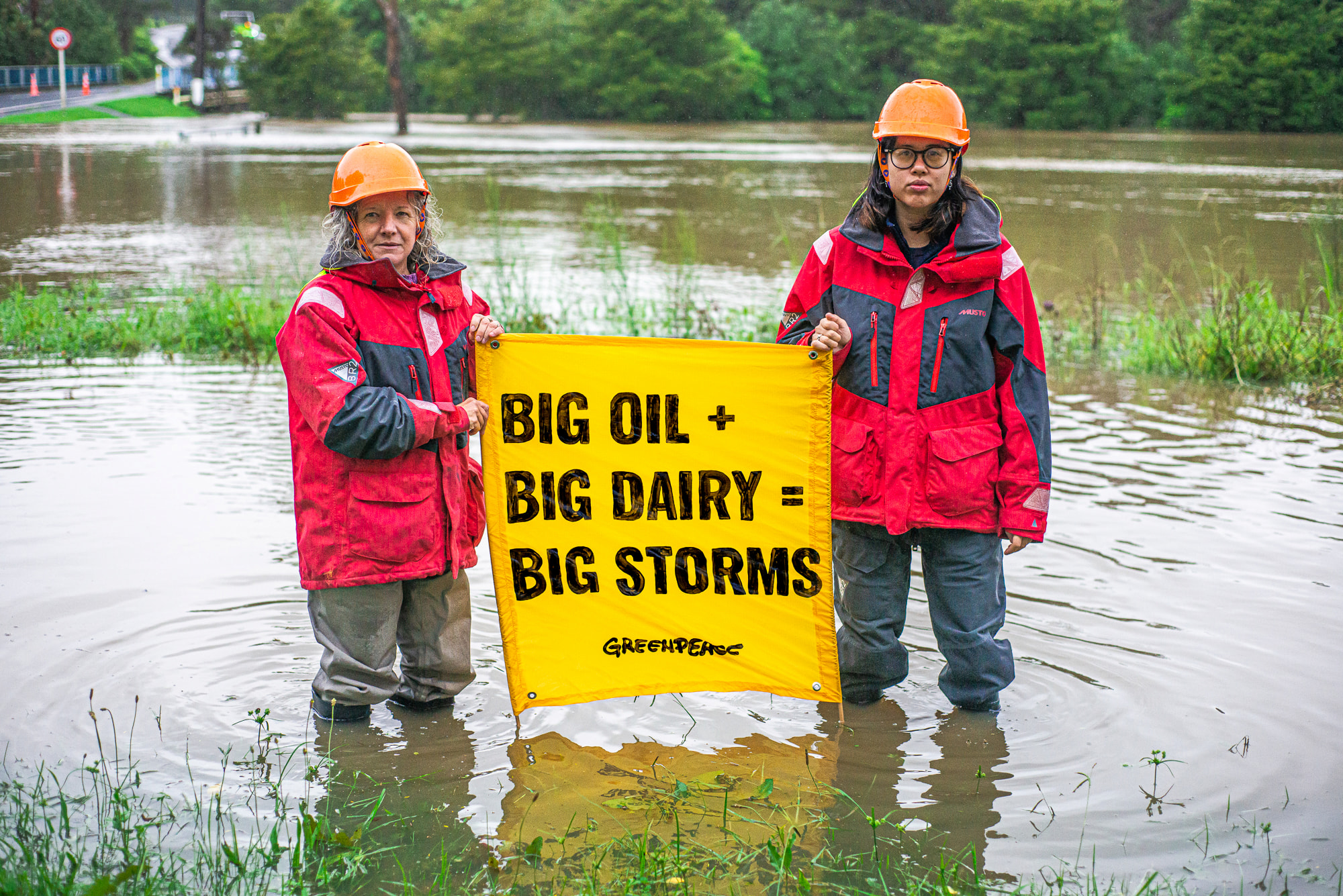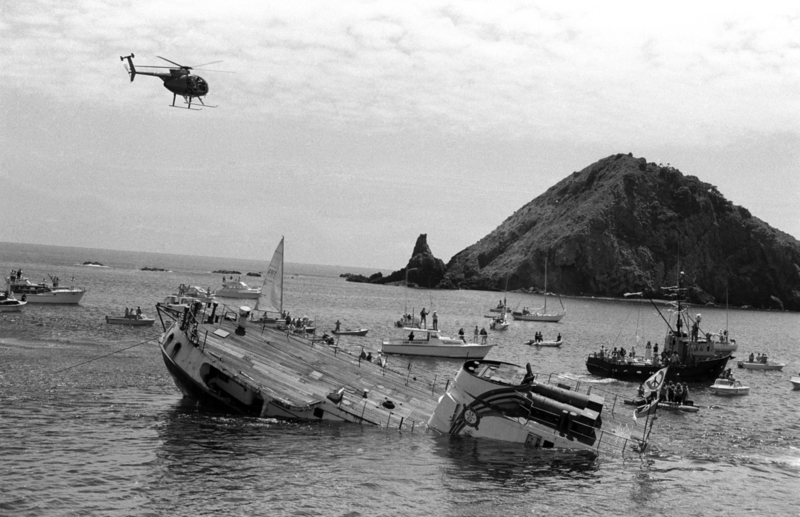-
Why ban single use plastic bottles?
Our planet is facing an unprecedented climate and biodiversity crisis fueled in part by runaway plastic production.
-
Carbon markets are a threat to the Amazon
The Amazon rainforest needs real protection from the enormous threats it faces. The standing forest, Indigenous Peoples, and traditional communities in the region are beset by challenges such as the…
-
Critics of ‘degrowth’ economics say it’s unworkable – but from an ecologist’s perspective, it’s inevitable
Many economists criticising the developing degrowth movement fail to appreciate this critical point of Earth’s biophysical limits. Ecologists on the other hand see the human economy as a subset of the biosphere.
-
Activists scale Parliament House to expose National failure
Four Greenpeace campaigners have evaded security and climbed to the roof of Parliament House with a delivery of eight solar panels. They also plan to unfurl a large banner targeting…
-
Enviro Groups slam decision to continue trawling Hauraki Gulf
News today that the government will allow bottom trawling to continue in large areas of the Hauraki Gulf is being met by strong opposition from an alliance of groups campaigning to get the destructive fishing method out of the marine park.
-
Greenpeace calls for caution over BlackRock investment in NZ electricity generation
Greenpeace is calling for caution in response to today’s announcement that the Government has partnered with BlackRock to increase finance for renewable energy.
-
Nothing transformational about Fishing Industry Plan
Greenpeace is slamming the government’s Fisheries Industry Transformation Plan released today, calling it anything but transformational as it allows destructive bottom trawling to continue.
-
Government subsidies to Fonterra “just a drop in the bucket” for climate
Greenpeace Aotearoa is welcoming the Government’s announcement on action to reduce the dairy industry’s climate pollution, but says the move to subsidise Fonterra’s shift away from coal for milk dehydration…
-
Time for Labour to up their game on the climate crisis
Greenpeace is calling on the Labour Party to up their game on climate change, after the Party’s campaign slogan launch and leader’s speech were silent on the climate crisis.
-
A time for reflection, hope and gathering
On 10 of July 1985, 38 years ago this week, the Greenpeace boat Rainbow Warrior was sunk by agents of the French Government in Auckland Harbour. The bombing of the…

